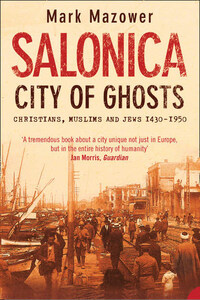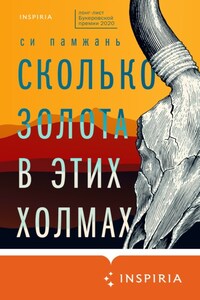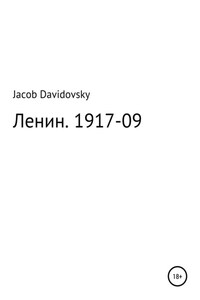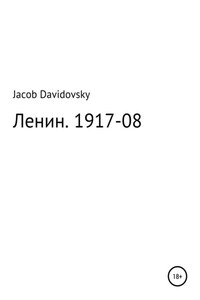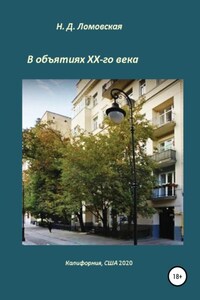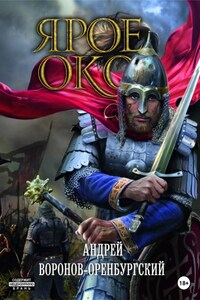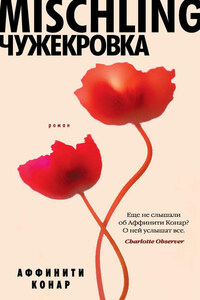Christians, Muslims and Jews 1430â1950
William Collins
An imprint of HarperCollinsPublishers 1 London Bridge Street London SE1 9GF
www.harpercollins.co.uk
This edition published by Harper Perennial 2005
First published by HarperCollinsPublishers 2004
Copyright © Mark Mazower 2004
Mark Mazower asserts the moral right to be identified as the author of this work
A catalogue record for this book is available from the British Library
All rights reserved under International and Pan-American Copyright Conventions. By payment of the required fees, you have been granted the nonexclusive, nontransferable right to access and read the text of this e-book on-screen. No part of this text may be reproduced, transmitted, downloaded, decompiled, reverse engineered, or stored in or introduced into any information storage and retrieval system, in any form or by any means, whether electronic or mechanical, now known or hereinafter invented, without the express written permission of HarperCollins e-books.
HarperCollinsPublishers has made every reasonable effort to ensure that any picture content and written content in this ebook has been included or removed in accordance with the contractual and technological constraints in operation at the time of publication.
Source ISBN: 9780007120222
Ebook Edition © MARCH 2016 ISBN: 9780007383665 Version: 2016-08-24
Beware of saying to them that sometimes cities follow one another on the same site and under the same name, born and dying without knowing one another, without communicating among themselves. At times even the names of the inhabitants remain the same, and their voicesâ accent, and also the features of the faces; but the gods who live beneath names and above places have gone off without a word and outsiders have settled in their place.
ITALO CALVINO, Invisible Cities>1
THE FIRST TIME I visited Salonica, one summer more than twenty years ago, I stepped off the Athens train, shouldered my rucksack, and left the station in search of the town. Down a petrol-choked road, I passed a string of seedy hotels, and arrived at a busy crossroads: beyond lay the city centre. The unremitting heat, and the din of the traffic reminded me of what I had left several hours away in Athens but despite this I knew I had been transported into another world. A mere hour or so to the north lay Titoâs Yugoslavia and the checkpoints at Gevgeli or Florina; to the east were the Rhodope forests barring the way to Bulgaria, the forgotten Muslim towns and villages of Thrace, and the border with Turkey. From the moment I crossed the hectic confusion of Vardar Square â âPiccadilly Circusâ for British soldiers in the First World War â ignoring the signposts that urged me out of the city in the direction of the Iron Curtain, I sensed the presence of a different Greece, less in thrall to an ancient past, more intimately linked to neighbouring peoples, languages and cultures.
The crowded alleys of the market offered shade as I pushed past carts piled high with figs, nuts, bootleg Fifth Avenue shirts and pirated cassettes. Tsitsanisâs bouzouki strained the vendorsâ tinny speakers, but it was no competition for the clarino and drum with which gypsy boys were deafening diners in the packed ouzeris of the Modiano food market. Round the tables of Myrovolos Smyrni [Sweet-smelling Smyrna], its very name an evocation of the glories and disasters of Hellenismâs Anatolian past, tsipouro and mezedes were smoothing the passage from work to siesta. There were fewer back-packers in evidence here than in the tourist dives around the Acropolis, more housewives, porters and farmers on their weekly trip into town. Did I really see a dancing bear performing for onlookers in the meat market? I certainly did not miss the flower-stalls clustered around the
